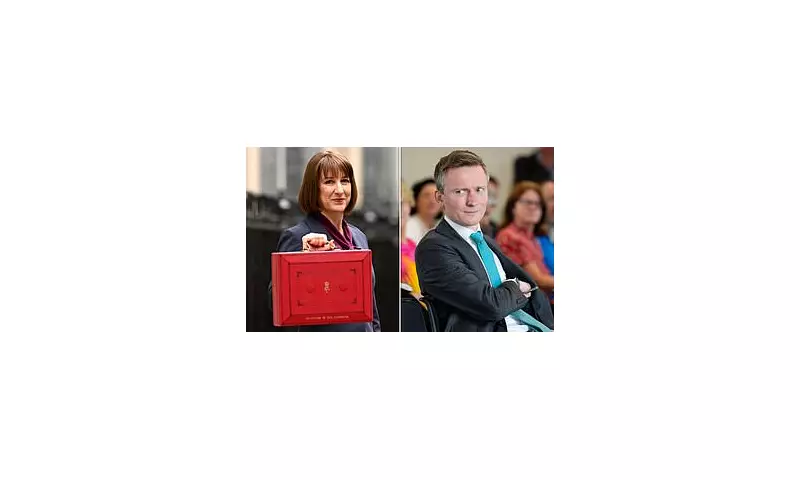
In a striking political manoeuvre, Chancellor Rachel Reeves has turned to a controversial figure from Labour's hard-Left flank to bolster her economic strategy. James Meadway, a former advisor to Jeremy Corbyn and a vocal advocate for significantly higher taxes and radical economic reform, is now advising the Treasury.
A Question of Ideological Alignment
The move has sent shockwaves through Westminster, raising pointed questions about the true ideological compass of the Reeves-led Treasury. Mere months ago, Ms. Reeves positioned herself as the stalwart guardian of fiscal responsibility, pledging unwavering stability and vowing to avoid any policy that could be construed as 'Tory-like' in its approach to taxation and spending.
Mr. Meadway's economic philosophy stands in stark contrast to this pledge. He has publicly championed a substantial increase in the top rate of income tax and has been a fierce critic of the very neoliberal economic model that New Labour once embraced. His association with the Corbyn project, which the current Labour leadership has painstakingly tried to distance itself from, makes this consultancy particularly contentious.
Desperation or Pragmatism?
Political commentators are framing the Chancellor's outreach as a sign of desperation. Faced with the monumental task of revitalising the UK's stagnant economy with severely limited fiscal flexibility, Reeves is seemingly scouring all corners for solutions, even those she previously denounced.
This strategic pivot has not gone unnoticed by critics. Figures from within her own party and opponents on the Conservative benches have been quick to label it an act of hypocrisy. They accuse Reeves of abandoning her professed commitment to centrist, business-friendly economics in a panicked search for workable ideas.
The Shadow of the Corbyn Era
The appointment is particularly sensitive given the current leadership's extensive efforts to purge the party of its Corbynite associations. Bringing a key intellectual architect of that era into the fold, even in an informal capacity, risks blurring the clear lines Prime Minister Keir Starmer has tried to draw between 'Old' and 'New' Labour.
Mr. Meadway's specific role and the extent of his influence remain unclear. The Treasury has downplayed his involvement, but the revelation alone has ignited a fierce debate about the direction of the UK's economic policy and the internal conflicts simmering within the Labour government.





